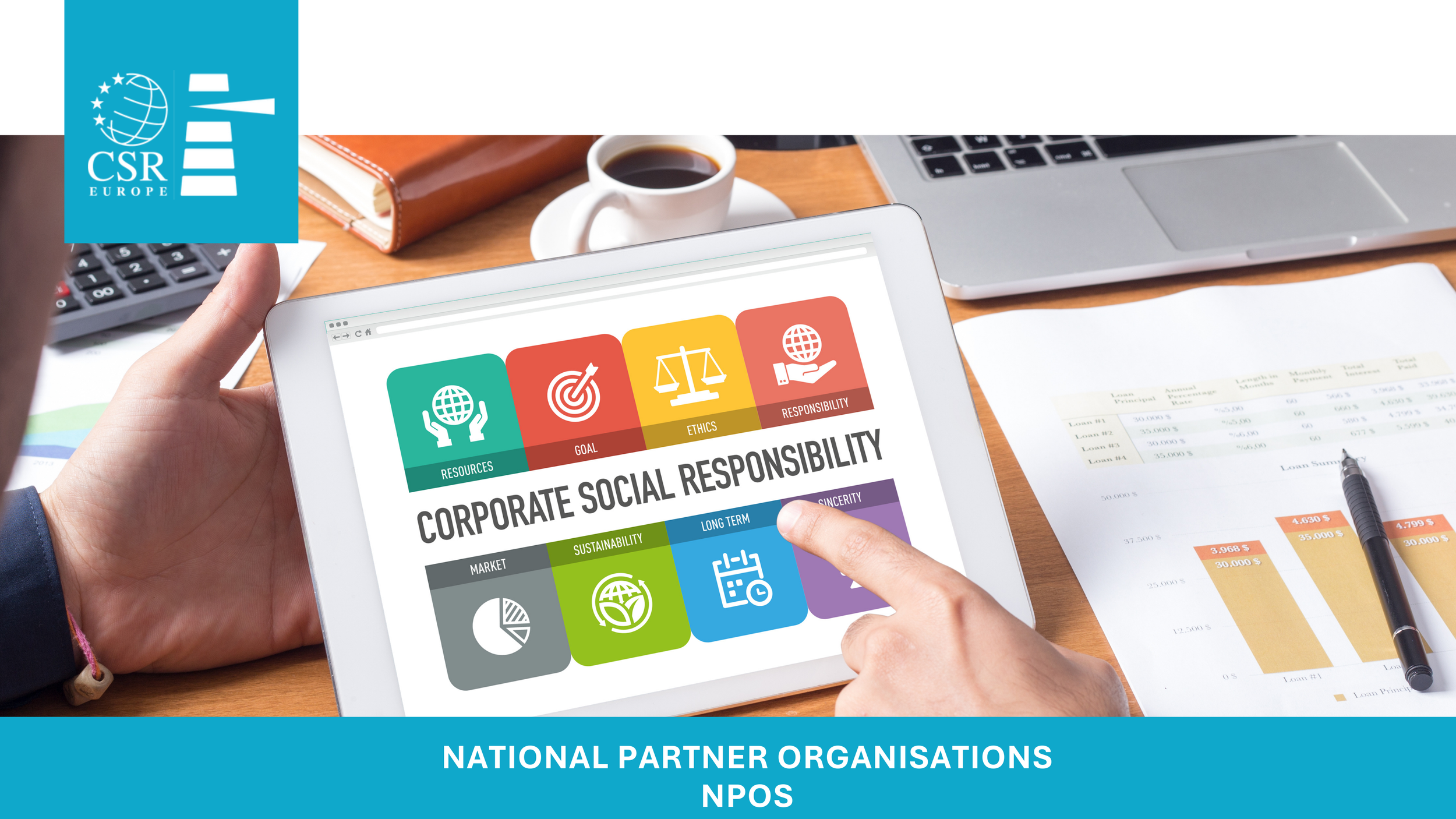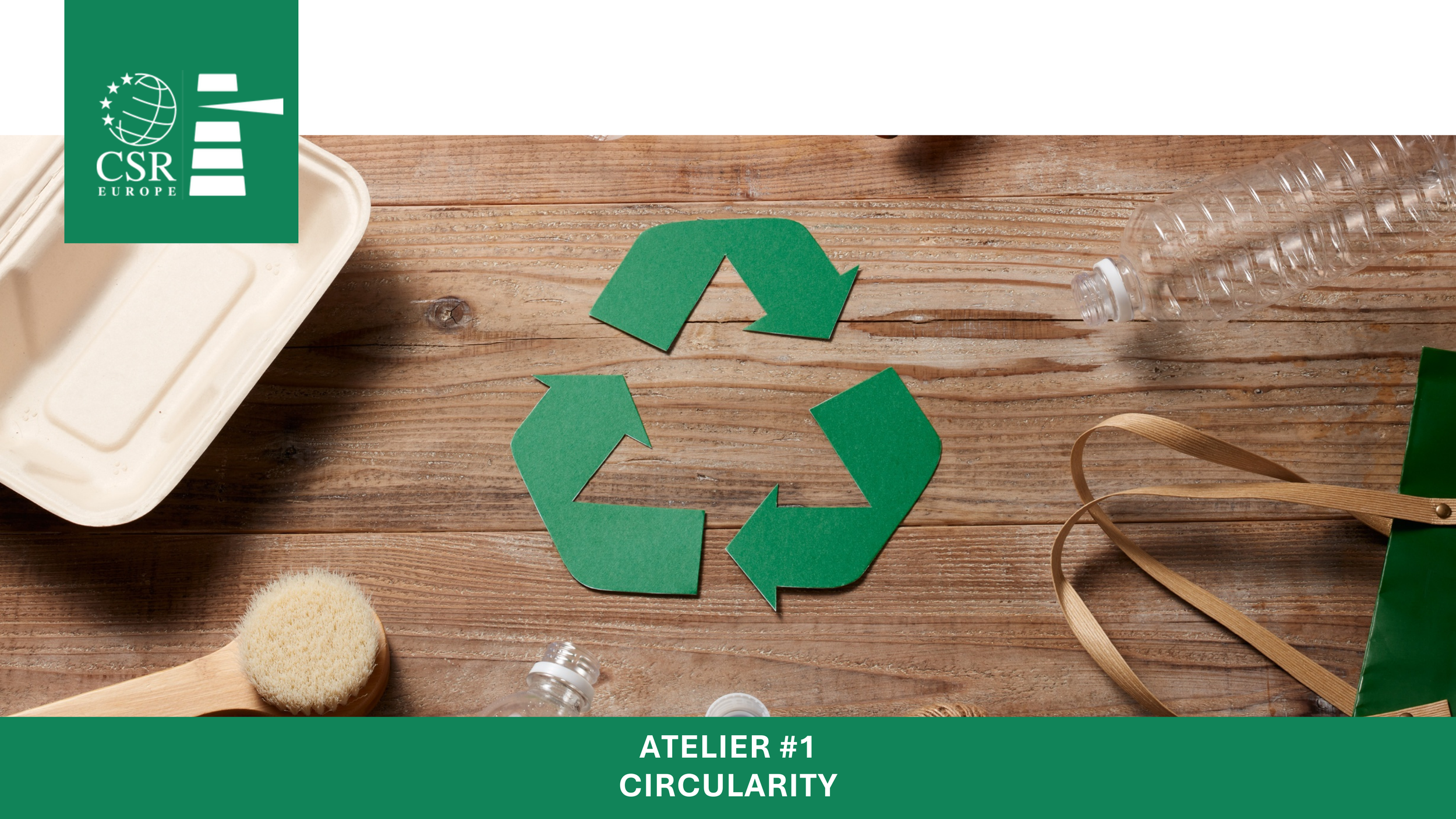EU Updates - November
A New Partnership to Reach the Net-Zero Economy
The European Commission announced at the United Nations Climate Change Conference of the Parties (COP26) the creation of a partnership in collaboration with the European Investment Bank and the Breakthrough Energy, the programme created in 2015 by Bill Gates to encourage financing solutions able to contribute to the achievement of a low-carbon economy in the next decade.
As stated by the President of the European Commission Ursula von der Leyen in her Speech on the COP26, what is needed in the global race for net-zero emissions is “investment on one hand, concrete action on the other hand”.
The alliance declared the intention to mobilise up to €820 million between 2022 and 2026 to accelerate the deployment and rapidly commercialise innovative technologies that will help deliver European Green Deal ambitions and the EU's 2030 climate targets.
The Partnership has selected four sectors where investment will be channelled:
Clean hydrogen.
Sustainable aviation fuels.
Direct air capture.
Long-duration energy storage.
The collaboration aims at channelling funds created by the European Investment Bank and the Breakthrough Energy Catalyst into the low-carbon economy to lower the costs and encourage the use of technologies able to reduce emissions. On the one hand, the European Union will participate through the Innovation Fund, created to reach the Paris Agreement targets, and Horizon Europe, the EU’s programme dedicated to research and innovation. On the other hand, the Breakthrough Energy Catalyst will ensure the capital flowing from the private sector and philanthropic funds.
The EU Member States will be able to participate in the partnership through the InvestEU framework or by submitting projects: the first ones will be chosen in 2022.
For more information:
A European Citizens’ Initiative on Environmental Protection in All Policies
On 27 October 2021, the European Commission registered a new European Citizens' Initiative (ECI), entitled "Call to Action - Environmental Protection in All Policies". The EU tool allows EU citizens to actively ask the European Commission for new legislative acts.
Through this call, citizens are calling for a better-implemented inclusion of environmental considerations during legislative processes. Due to the threat posed by climate change to our ecosystem, the European Citizens' Initiative wants to extend the obligation of keeping into account the environmental impacts of our decisions at the governance level.
To get a response from the European Commission, 1 million signatures is needed from at least 7 Member States of the European Union within a year.
For more information:
The Review of EU Banking Rules by the European Commission
The European Commission has introduced a set of measures to improve the EU banking sector's resilience to external shocks and help the recovery from the COVID-19 crisis. Even though the outcome of these new measures will be evident only in the long term, the assessment carried out by the European Central Bank shows that these revisions will bring long-lasting benefits in the years to come.
The Banking Package adopted on 27 October 2021 wants to review:
the Capital Requirements Regulation in the area of resolution.
The revision of the EU banking rules may be divided in three main components:
Ensuring the banking sector’s resilience to shocks
The Basel III agreement is a package of rules created by the Basel Committee on Banking Supervision to address the challenges of the Global Financial Crisis in 2008. The revision wants to make sure that banks located in the European Union territory have enough capital to cover those risks.
Participating in the Green transition
Sustainability is one of the crucial topics of the revision: the package will introduce explicit rules for the evaluation of environmental, social and governance (ESG) risks, in compliance with the EU Sustainable Finance Strategy, introduced by the European Union in July to ensure more accessible sustainable capital. The proposal asks for the assessment and reporting of the ESG risks within banks' risk management. All banks will have to cover their risks' exposure in their supervisory review.
Ensuring financial stability
The proposal provides supervisors with more power to monitor banks' operations, introducing a new set of rules to check staff's skills and capacity. In addition, the European Commission advanced a proposal to approach branches of third-countries banks located on the European territory, which will permit supervisors to better implement their risk management.
The introduction of ESG risks is key to improve the capability of banks to identify and be able to resist sustainability risks and absorb financial losses arising from them, especially in the process towards the achievement of carbon neutrality.
The Banking Package will now be discussed in the European Parliament and in the EU Council.
For more information:









